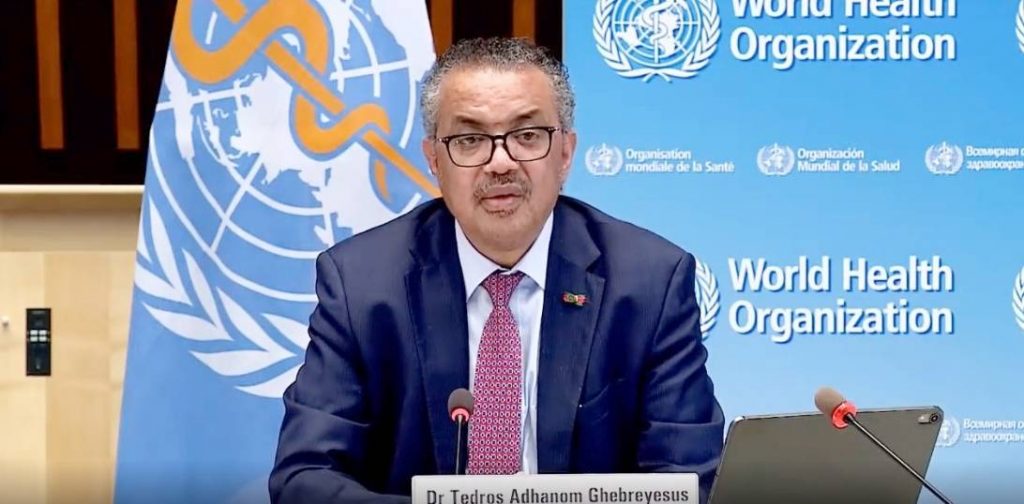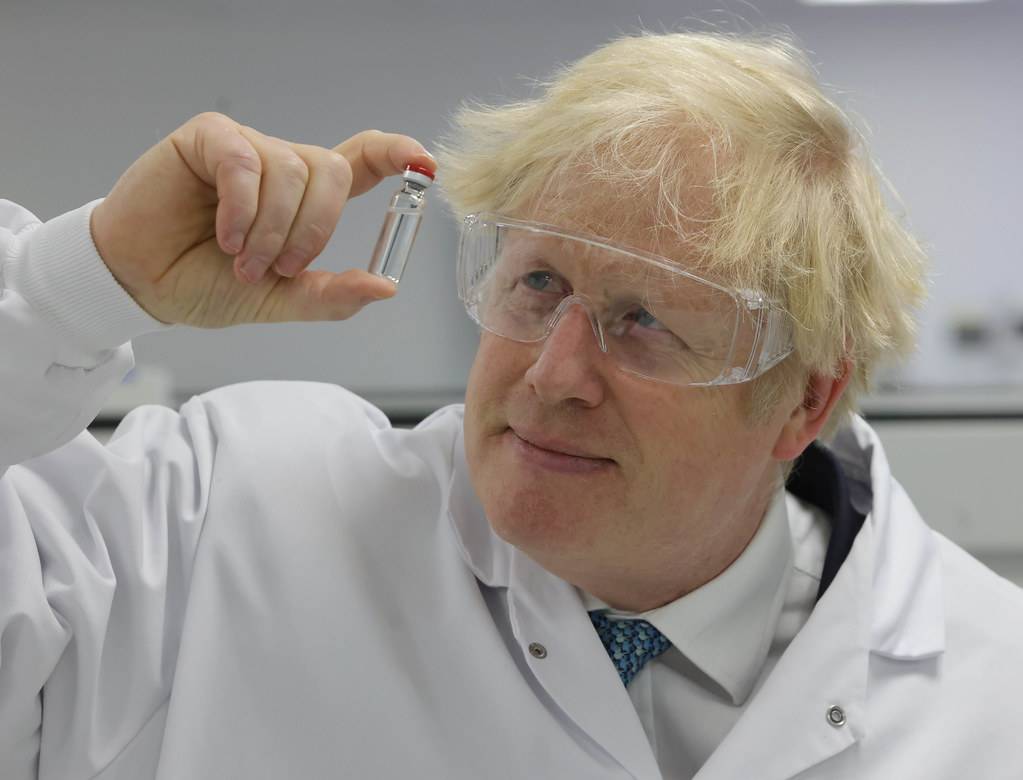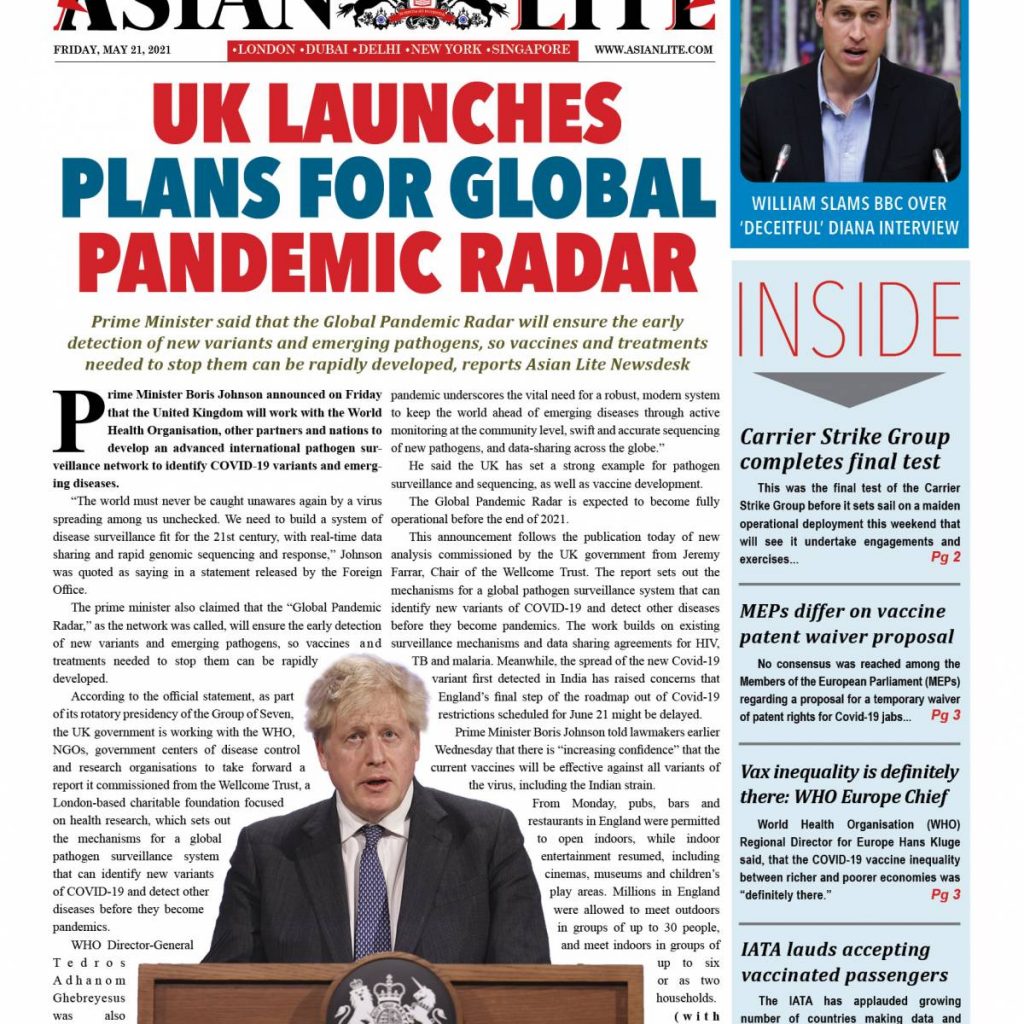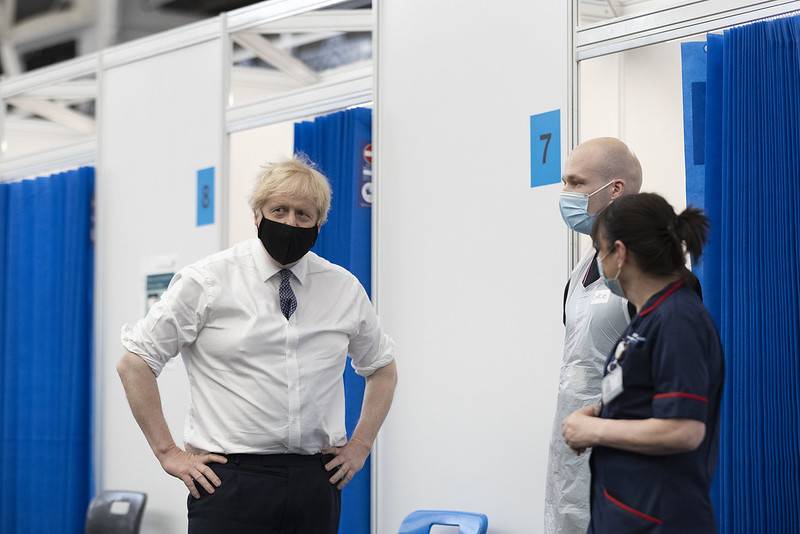Prime Minister said that the Global Pandemic Radar will ensure the early detection of new variants and emerging pathogens, so vaccines and treatments needed to stop them can be rapidly developed, reports Asian Lite Newsdesk
Prime Minister Boris Johnson announced on Friday that the United Kingdom will work with the World Health Organisation, other partners and nations to develop an advanced international pathogen surveillance network to identify COVID-19 variants and emerging diseases.
“The world must never be caught unawares again by a virus spreading among us unchecked. We need to build a system of disease surveillance fit for the 21st century, with real-time data sharing and rapid genomic sequencing and response,” Johnson was quoted as saying in a statement released by the Foreign Office.
The prime minister also claimed that the “Global Pandemic Radar,” as the network was called, will ensure the early detection of new variants and emerging pathogens, so vaccines and treatments needed to stop them can be rapidly developed.
According to the official statement, as part of its rotatory presidency of the Group of Seven, the UK government is working with the WHO, NGOs, government centers of disease control and research organisations to take forward a report it commissioned from the Wellcome Trust, a London-based charitable foundation focused on health research, which sets out the mechanisms for a global pathogen surveillance system that can identify new variants of COVID-19 and detect other diseases before they become pandemics.

WHO Director-General Tedros Adhanom Ghebreyesus was also quoted as saying, “The COVID-19 pandemic underscores the vital need for a robust, modern system to keep the world ahead of emerging diseases through active monitoring at the community level, swift and accurate sequencing of new pathogens, and data-sharing across the globe.”
He said the UK has set a strong example for pathogen surveillance and sequencing, as well as vaccine development.
The Global Pandemic Radar is expected to become fully operational before the end of 2021.
This announcement follows the publication today of new analysis commissioned by the UK government from Jeremy Farrar, Chair of the Wellcome Trust. The report sets out the mechanisms for a global pathogen surveillance system that can identify new variants of COVID-19 and detect other diseases before they become pandemics.

The work builds on existing surveillance mechanisms and data sharing agreements for HIV, TB and malaria.
Meanwhile, the spread of the new Covid-19 variant first detected in India has raised concerns that England’s final step of the roadmap out of Covid-19 restrictions scheduled for June 21 might be delayed.
Prime Minister Boris Johnson told lawmakers earlier Wednesday that there is “increasing confidence” that the current vaccines will be effective against all variants of the virus, including the Indian strain.
From Monday, pubs, bars and restaurants in England were permitted to open indoors, while indoor entertainment resumed, including cinemas, museums and children’s play areas.

Millions in England were allowed to meet outdoors in groups of up to 30 people, and meet indoors in groups of up to six or as two households. Meanwhile, all remaining accommodation including hotels, hostels and B&Bs can reopen from May 24.
People were also allowed to travel abroad to a number of green-list countries without having to quarantine upon return as the ban on foreign travel has also been lifted.
The UK has so far reported 4,468,355 Covid-19 cases and 127,956 deaths. (with inputs from ANI/Sputnik)
ALSO READ-Boris concerned over anti-Semitic incidents in UK
READ MORE-Prince Faisal meets UK’s Raab in London

